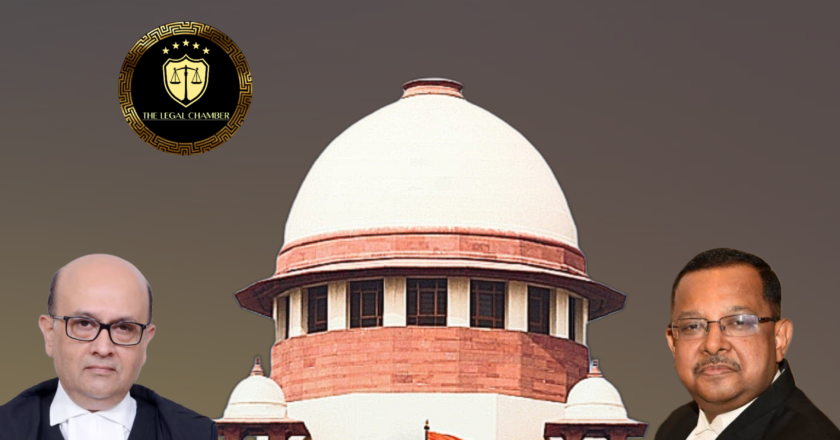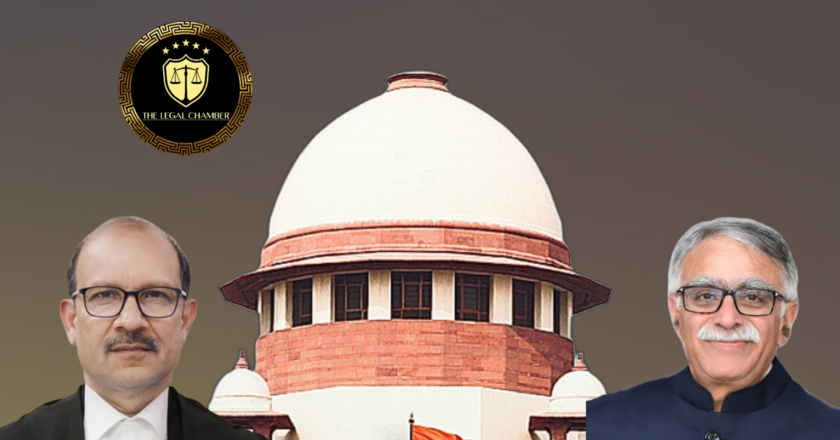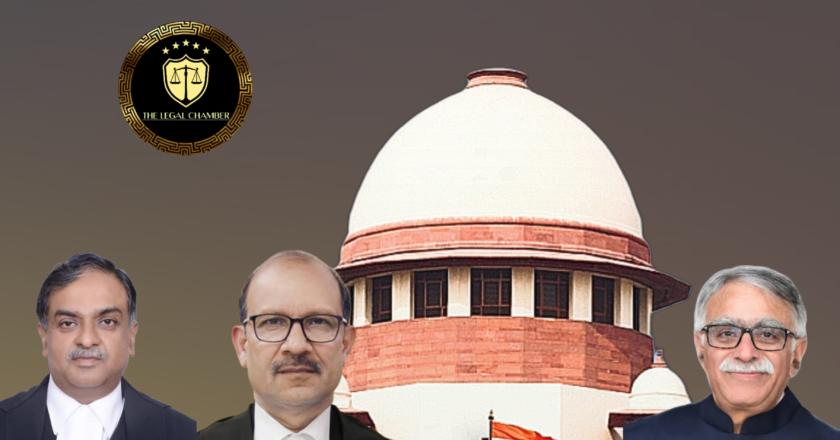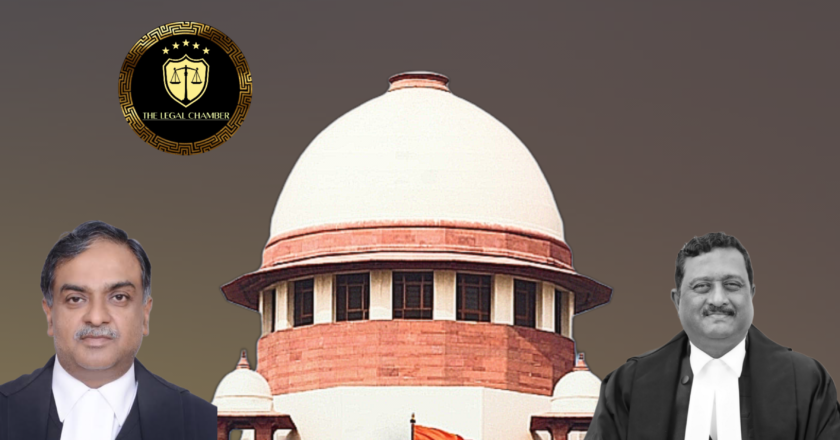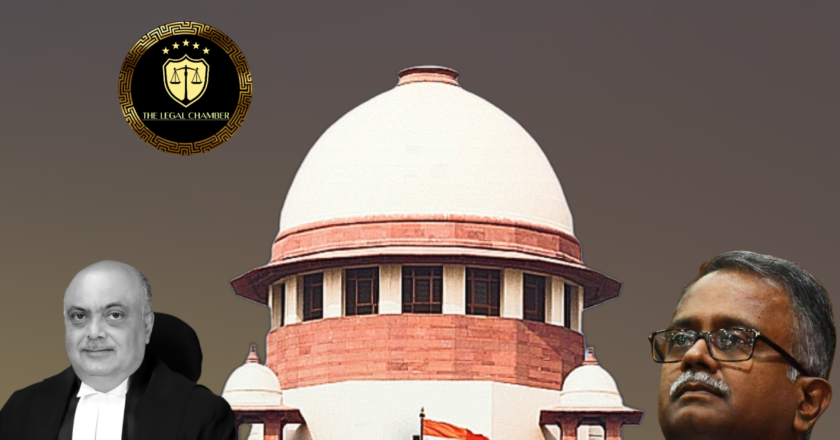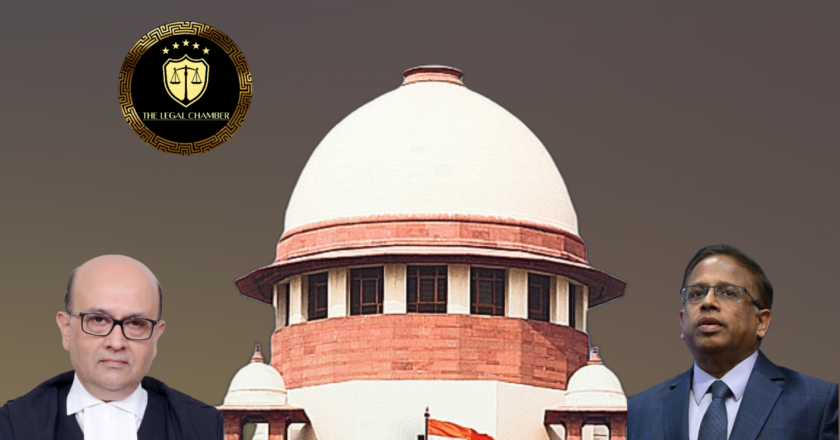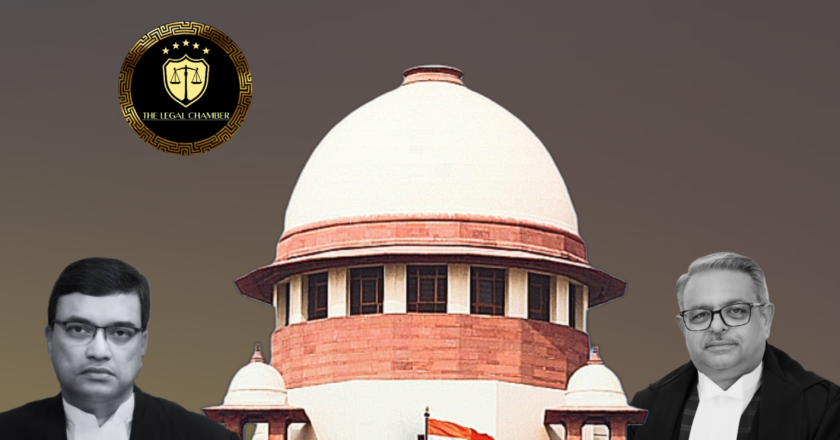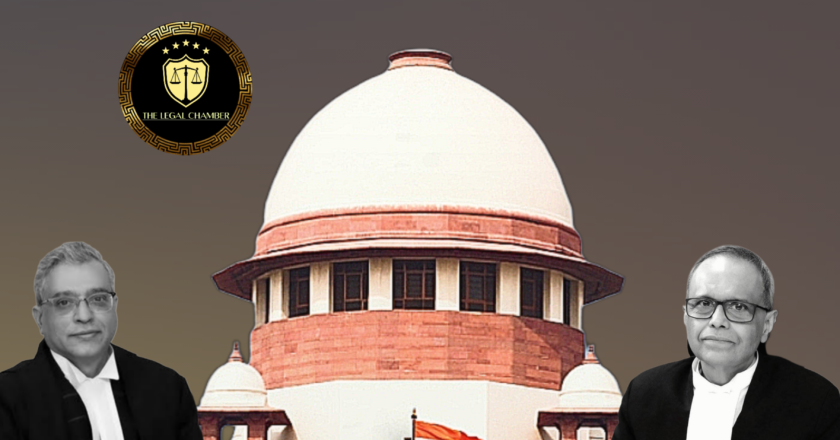Supreme Court Revives Cheque Bounce Cases, Says ‘Sick Company’ Status is Not a Get-Out-of-Jail Card
The Supreme Court held that proceedings under Section 138 of the Negotiable Instruments Act are not automatically barred against a company declared sick under SICA, even if a restraint order under Section 22A exists. The nature of the restraint and the purpose of the cheque issuance are mixed questions of law and fact to be decided during trial based on evidence. Furthermore, a Magistrate lacks the inherent power to review or recall the issuance of summons.
Facts Of The Case:
The appellant, Shree Nagani Silk Mills Pvt. Ltd., supplied goods to the first respondent, L.D. Industries Ltd., which was declared a sick company by the BIFR. Towards the payment for these supplies, the accused company issued several cheques in 2001, which were subsequently dishonoured due to "insufficient funds"....
